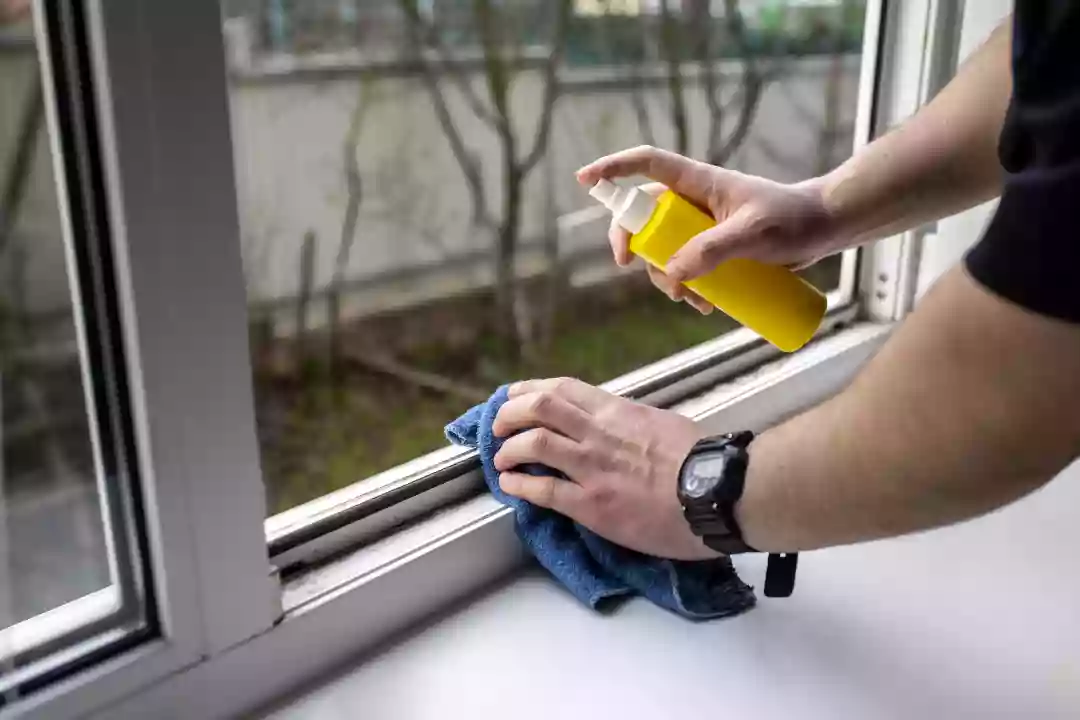What does commercial mean in cleaning?
When it comes to keeping our homes and businesses clean, there is often the need to go beyond regular cleaning into a deeper clean. There are significant differences between commercial and domestic deep cleaning, so it’s important to know the differences and choose the most suitable option for your needs.
Commercial cleaning refers to the cleaning of any premises or facility that operates for business purposes. This could include a school, a retail shop, a restaurant, a hotel, a hospital, an office building or other places where customers, clients or employees may visit. It also includes public facilities such as toilets, airports, train stations and other areas which require a higher level of hygiene than the average home. Commercial cleaning should involve cleaning with the use of advanced equipment, specialist cleaning products, rigorous testing and adherence to strict compliance standards.
What is the difference between commercial and residential cleaning products?
The main difference between commercial and residential cleaning products is in their quality and intensity. Generally, industrial cleaning products are of better quality than their domestic counterparts. Industrial cleaning products are designed to be used at very high temperatures and pressures, allowing them to penetrate dirt more deeply and achieve a much higher standard of cleaning. Additionally, commercial cleaning products are designed to meet certain regulations and standards that residential products do not need to adhere to. This means that they can save you time and money by being more efficient, as well as ensuring your premises are kept safe and fully compliant with regulations.

Need assistance finding deep cleaning services near you?
Get a QuoteThe Difference between Commercial and Domestic Cleaning
The main difference between commercial and domestic cleaning services is the level of expertise that goes into them. Commercial cleaning services are performed to the highest standards of hygiene and cleanliness, which goes beyond the basic dusting and vacuuming offered by domestic cleaning services. Commercial cleaners use specialised methods and products to ensure that all areas of a business are completely hygienic, while residential cleaners focus on tidiness more than sanitisation. As these services are tailored to specific needs, commercial cleaning is usually more expensive than residential cleaning.
What is commercial cleaning and how can it benefit your business?
Commercial cleaning, or industrial cleaning, is the professional cleaning of any type of commercial premises, from offices to warehouses, restaurants to hospitals. It differs from residential cleaning in that businesses require additional specialised cleaning processes and products to maintain a high level of hygiene. Commercial cleaning can benefit businesses by creating a healthier and more hygienic environment, leading to improved health and less illness among employees, customers and visitors. In addition, commercial cleaners use superior quality equipment and solutions to ensure a thorough cleaning job that will meet the specific requirements and regulations that businesses must follow.
Why should businesses choose a Commercial Cleaning contract?
Businesses looking for a reliable and cost-effective way to maintain their premises should consider a commercial cleaning contract. Contracts offer businesses the flexibility to choose between short-term, daily, weekly or monthly contracts, depending on their needs, as well as the ability to create custom packages that can include window and upholstery cleaning, floor waxing, pressure washing and more. By opting for a commercial cleaning contract, businesses can rest assured that their premises will always meet the highest standards of hygiene and cleanliness and remain compliant with any applicable regulations. Furthermore, having a professional team to manage the cleaning gives businesses the freedom to focus on their core operations without needing to worry about the ongoing cleanliness of their premises.
In this article:
